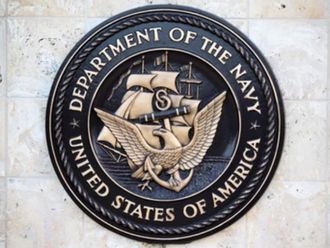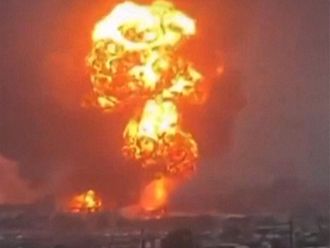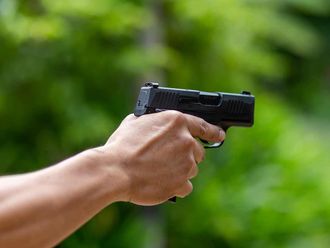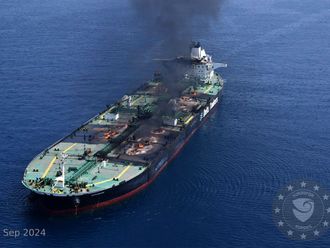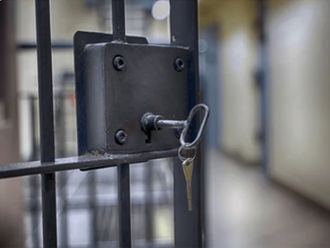Sana'a: For the past year, the US has been thought to be conducting air strikes in Yemen against militants, with Yemen's permission.
Yemen has publicly denied that; its populace is staunchly opposed to any US intervention.
But WikiLeaks cables appear to remove the fig-leaf of plausible deniability, which could compromise counterterrorism efforts there.
"We'll continue saying the bombs are ours, not yours," said Yemeni President Ali Abdullah Saleh to US Central Command General David Petraeus, according to a cable.
His comment came after Petraeus guaranteed that US foreign aid to Yemen would more than double in 2010.
The cable, from January 4, 2010, was authored by former US ambassador to Yemen Stephen Seche, and is the first official evidence that the United States carried out air strikes against Al Qaida in Yemen in December 2009.
The cable also confirms that the Yemeni government agreed to American air power circling just out of sight of Yemeni territory, set to strike Al Qaida targets in Yemen as soon as intelligence is available as to their whereabouts.
Both the United States and Yemen have tried to downplay America's role in Yemen, where the central government — beset by economic woes, a southern secession movement, and tribal tensions — can ill afford to spark popular discontent.
"For Yemeni people, from the beginning they did not believe the government claims that air strikes in Al Majala and elsewhere were carried out by Yemeni forces," says Aidroos Al Naqeeb, the chairman of the Yemen's opposition Socialist Party's parliamentary bloc.
"The importance of what WikiLeaks has revealed is that it defines the foreign party who actually carried out the attacks. It is so regretful that Yemeni government not only allowed such crimes against human lives and rights, but also it claimed responsibility."
No comment
The Yemeni embassy in Washington and the American embassy in Sana'a refused to comment on the leaked cable on Monday.
Ahmad Al Zurqa, author of a book on Al Qaida in Yemen, warned that American military action in Yemen will help AQAP recruit Yemenis who don't want to see their administration acting as a puppet of the United States.
"Al Qaida is using the mistakes of these operations," such as civilian casualties, to gain recruits, he said. "The people here hate terrorism, but they also hate intruders who come and kill Yemenis."


